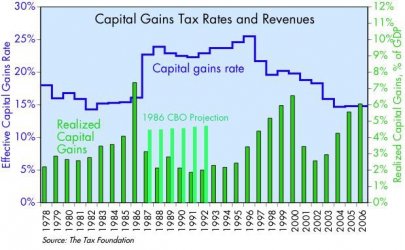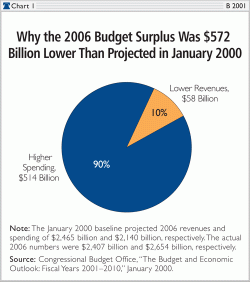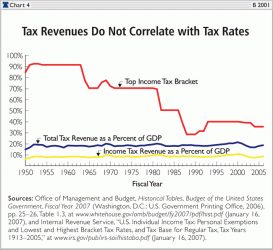Doesn't matter. He was instrumental in getting it passed, he put his stamp of approval on it when he signed it....and he was lying when he said he didn't.
yay...
it is not hard to get...obama votes to approve the budget that increased our deficit, thus he is part of the problem and his actions caused the deficit to go higher.
it is the height of stupidity to say his one vote did nothing, did not count and the budget wasn't in his name. he voted to approve the budget, so saying that he had nothing to do with the deficit is a flat out lie.
So why aren't your ragging on McCain for increasing the deficit too?






